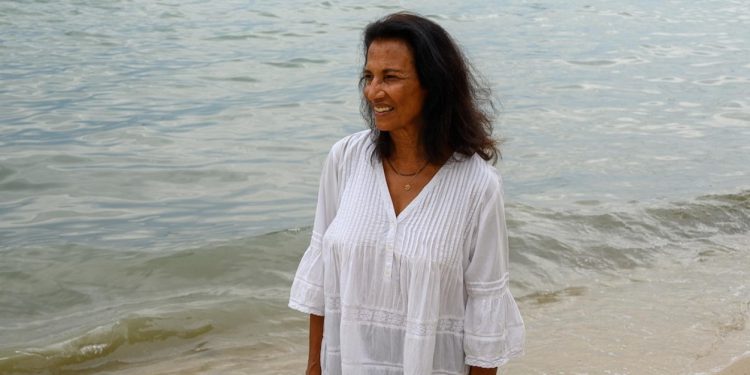The Telegraph says that aquatic “superfoods” should be a central plank of policies to combat rising levels of hunger triggered by the pandemic, according to the first woman of Asian descent to win an award dubbed the Nobel prize of food.
Dr Shakuntala Haraksingh Thilsted, who grew up in Trinidad and Tobago in a family of Indian descent, has been a central figure in decades of research which has reshaped scientific understanding of the nutritional value of small fish commonly eaten across Southeast Asia.
Now global lead for nutrition at the research centre WorldFish in Malaysia, Dr Thilsted was announced as the winner of the $250,000 World Food Prize on Tuesday for her work improving food production systems and creating enriched products to combat malnutrition.
In an interview with The Telegraph, Dr Thilsted, now a Danish citizen, warned that disruption triggered by the pandemic has pushed millions of people towards hunger and called for aquatic “superfoods” to be at the heart of efforts to combat the growing crisis.
There have been two major threads of Dr Thilsted’s work.
The first: to uncover the nutritional benefits of aquatic food products. Dr Thilsted was one of the first to establish that many small fish species eaten commonly across Southeast Asia are important sources of both essential micronutrients and fatty acids, which can also improve the absorption of nutrients in plant-based foods.
The World Food Prize said this breakthrough “helped prioritise increases in fish consumption and production, transforming the diets and incomes of some of the world’s most vulnerable people”.
The second area of Dr Thilsted’s work has focused on actually making these products widely available, including through the development of pond polyculture systems, where small and large fish are farmed together.























